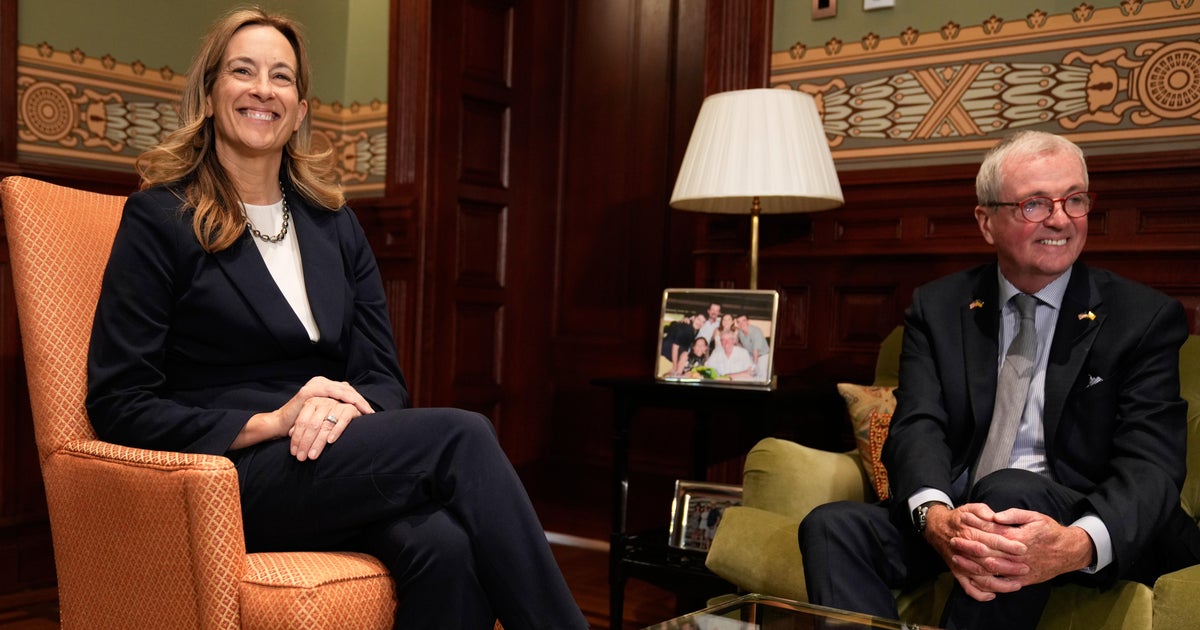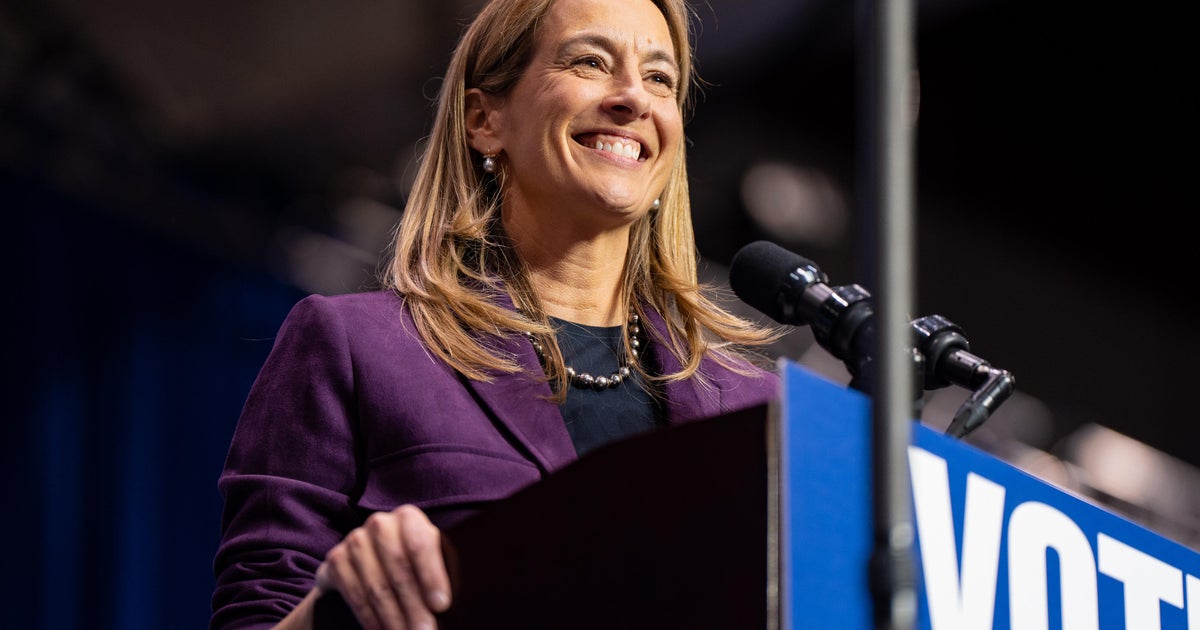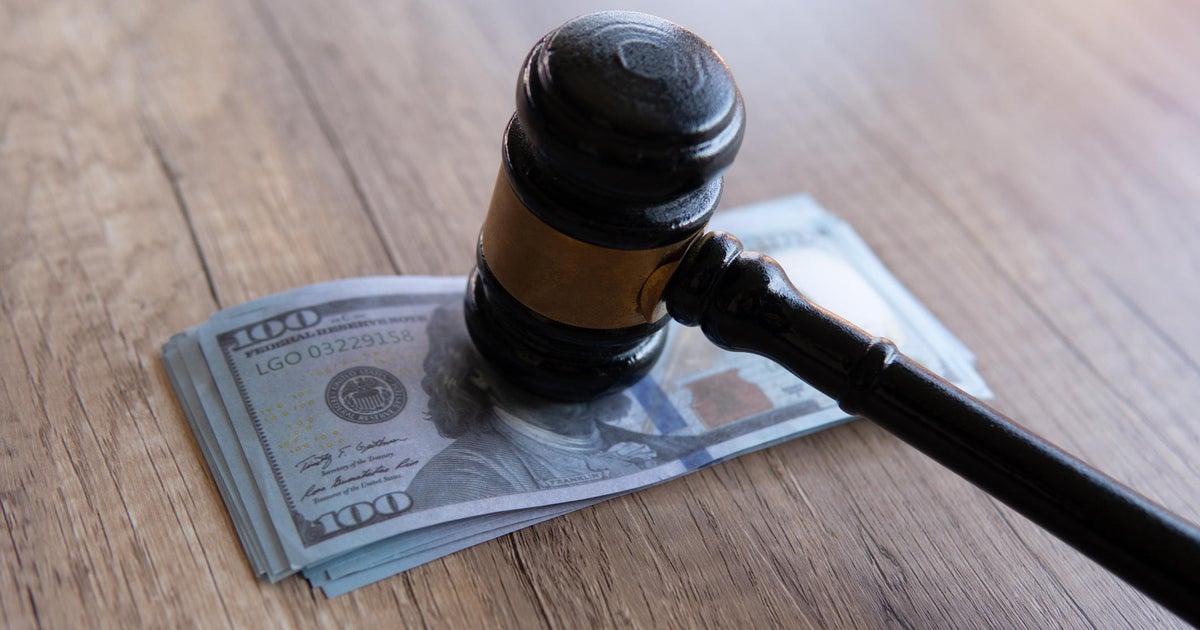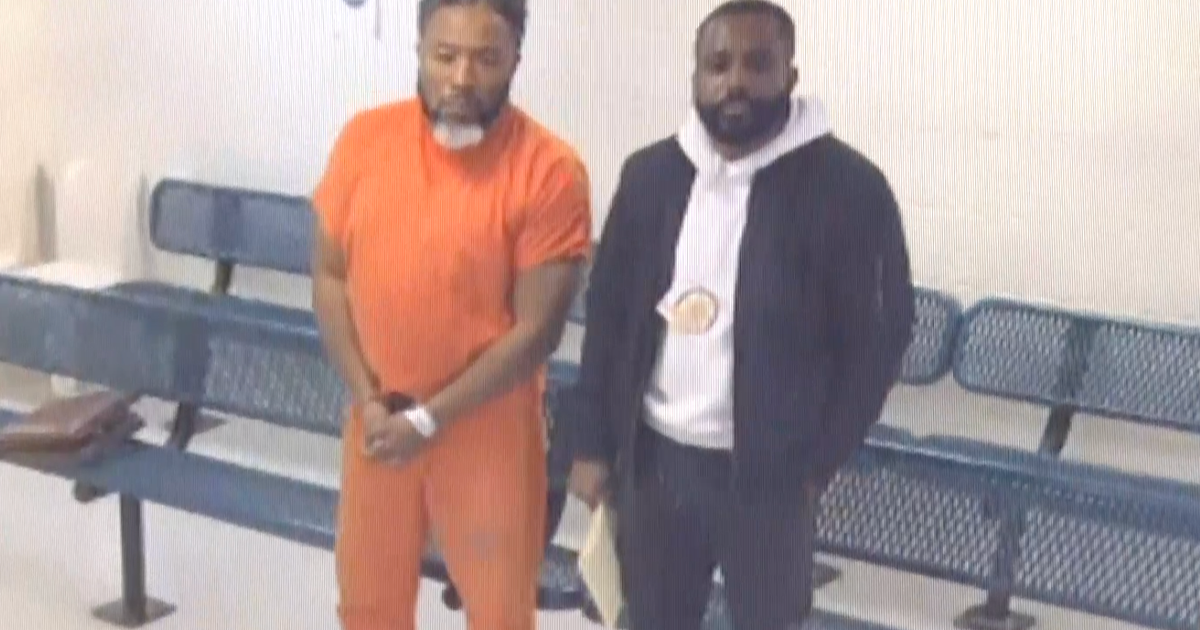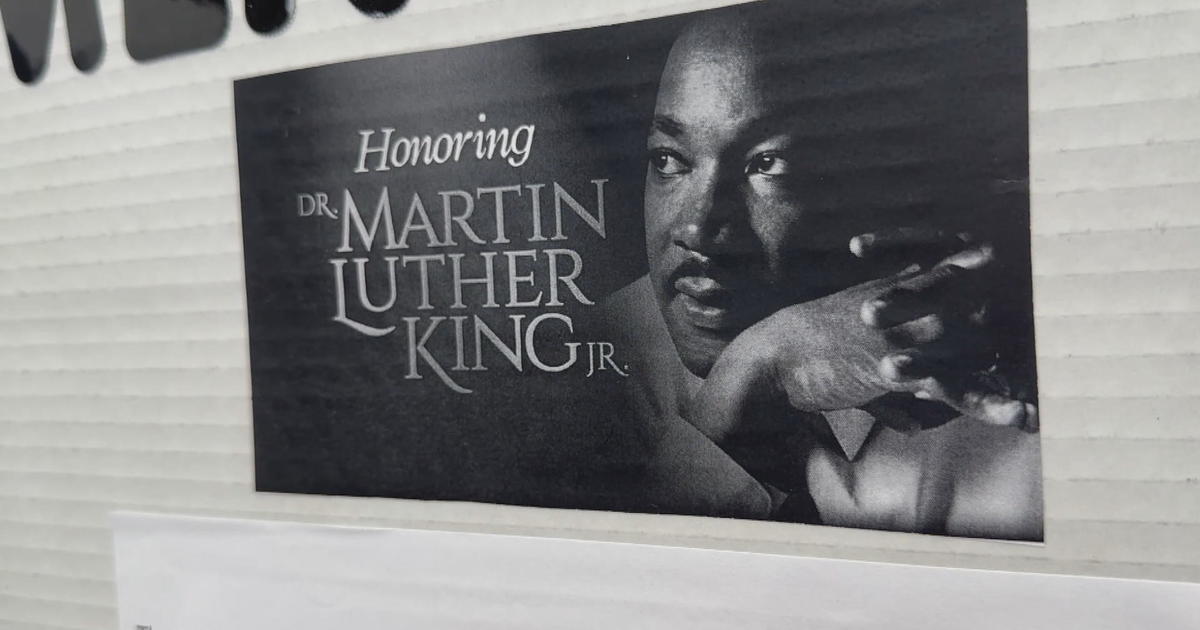Gov. Murphy Sounds Alarm In New Jersey, Says Restrictions Could Come Soon If COVID-19 Positivity Rate Doesn't Come Down
NEWARK, N.J. (CBSNewYork) -- New Jersey may be close to ordering new restrictions due to the coronavirus pandemic.
On Thursday, Gov. Phil Murphy warned he may be forced to take action, following a surge in cases and hospitalizations, CBS2's Jessica Layton reported.
The positivity rate has soared to over 7%. When it comes to new infections, the state hasn't seen numbers like this in more than six months. In fact, University Hospital in Newark still has tents set up from screening in the early days of the pandemic. It says it is ready to use them again, if necessary.
"Jessica, we have still at least five to 10 people being admitted a day with the disease," Dr. Shereef Elnahal said. "We're really on the cusp of getting to a bad place in our hospitals, which ends up being a risk to everybody."
Elnahal heads the hospital and said the number of beds needed for COVID-19 patients tripled in less than two weeks. In fact, Newark is considered one of New Jersey's most concerning hot spots. The positivity rate is a whopping 12.3%. The city is in Essex County, which, along with Bergen and Passaic counties, each reported more than 200 new cases Thursday.
"Do we want to be where we were in the spring? Do we want to have to see nonessential businesses close?" Elnahal said.
CORONAVIRUS PANDEMIC
- Tri-State Coronavirus Travel Advisory Quarantine List
- Resources, Hotlines, Unemployment & Covering Bills
- Remote Learning Tools For Parents Teaching At Home
- CBS2's Dr. Max Answers Your Health Questions
- What To Do If Someone Isn't Social Distancing Or Wearing A Mask?
- Expert: Parents Be Mindful Of Children's Stress After Months Of Isolation
- Chopper 2 Over Empty NYC Streets, Landmarks
- Complete Coronavirus Coverage
The Murphy administration has been sounding the alarm on the dramatic spike in the Garden State over the past several days. It's a huge blow, considering not that long ago the state was priding itself on how it cracked the curve. The spike could lead to restrictions for already struggling businesses.
"This virus has not taken a break and we cannot, either. Pandemic fatigue is a real threat to containing COVID-19," New Jersey Health Commissioner Judy Persichilli said.
"How close are we to do something? Close, so bear with us. We will clearly be taking action. And I hope it will be action that balances all the various challenges and interests that we have," Murphy said.
Doctors have learned so much about treating people with COVID-19, so they say one bright spot is patients don't seem to be getting as sick and their hospital stays have been shorter, on average three to four days versus a week or more back in the spring and summer.
MORE FROM CBS NEW YORK
- New York City's New Quarantine Travel Rules Begin, New Jersey Adds States To Advisory List
- More Than 2,000 Inmates Released Early From New Jersey State Prisons In Effort To Prevent COVID Spread
- NYPD: At Least 50 People Arrested After Attempting To 'Hijack' Peaceful Protest In Midtown
You can get the latest news, sports and weather on our brand new CBS New York app. Download here.

